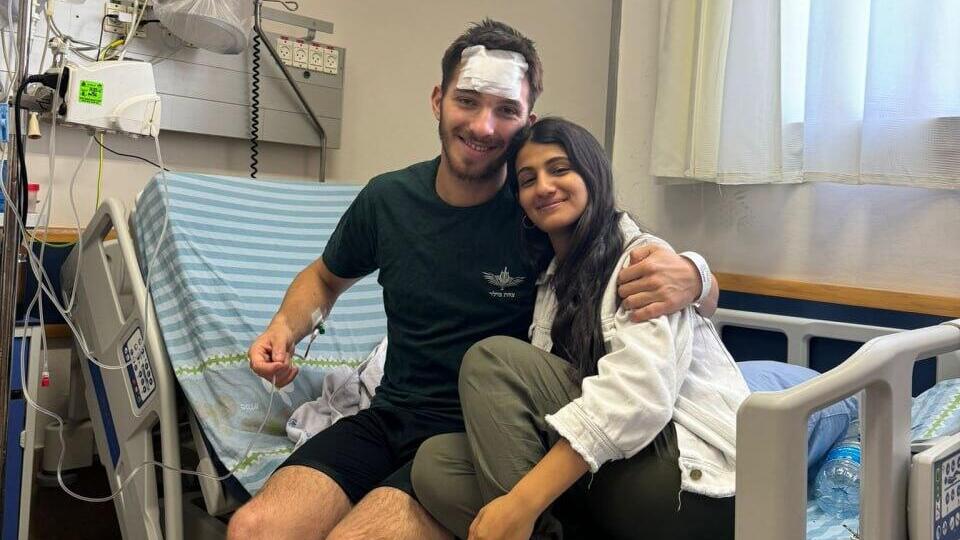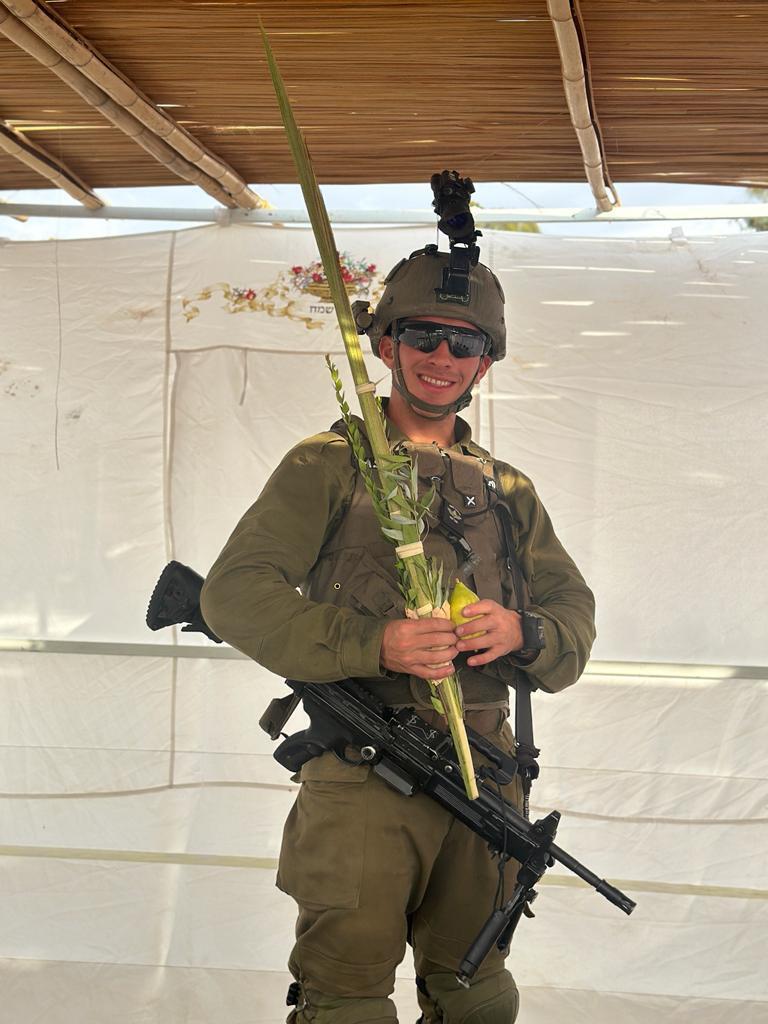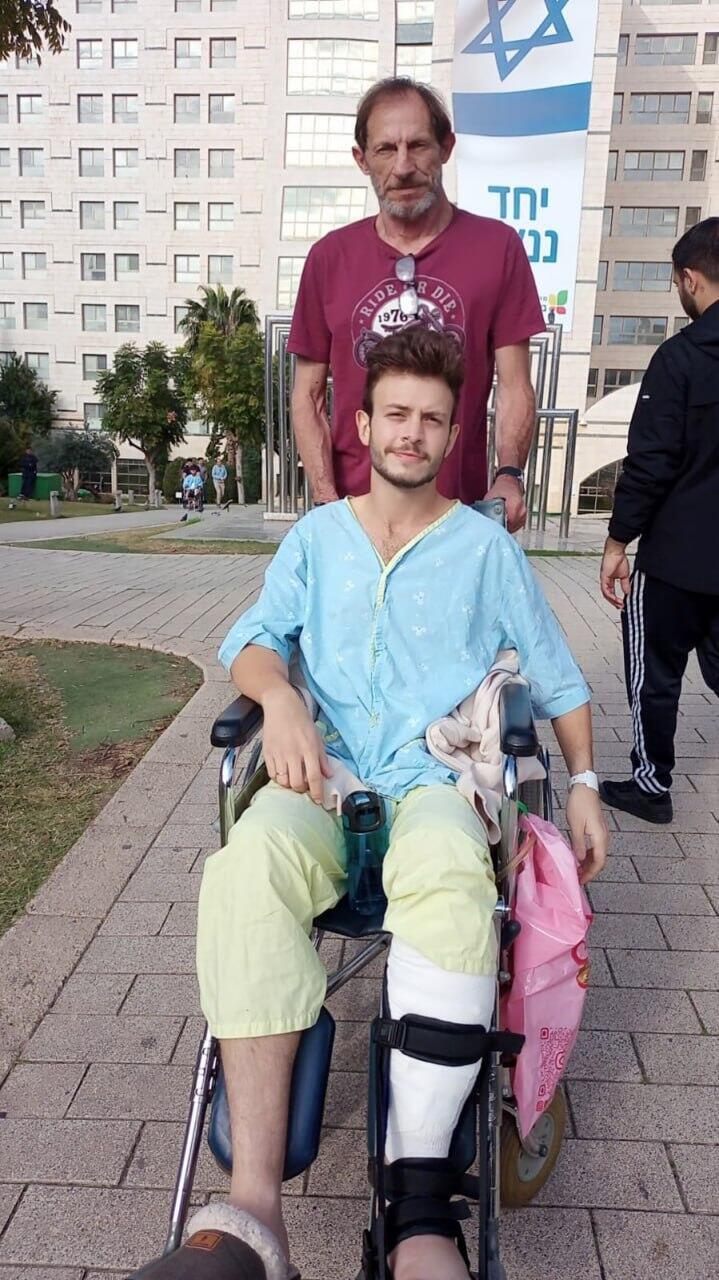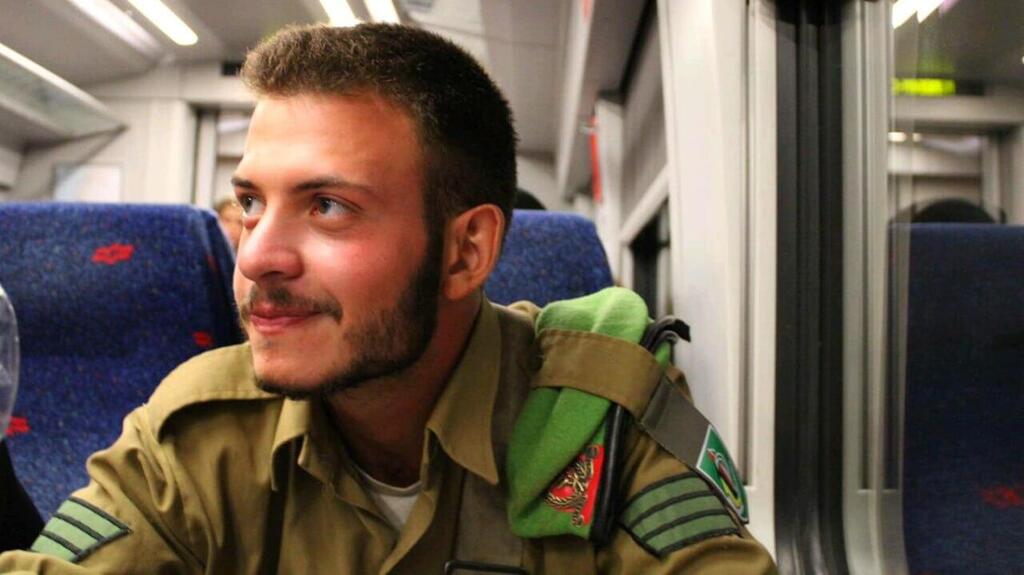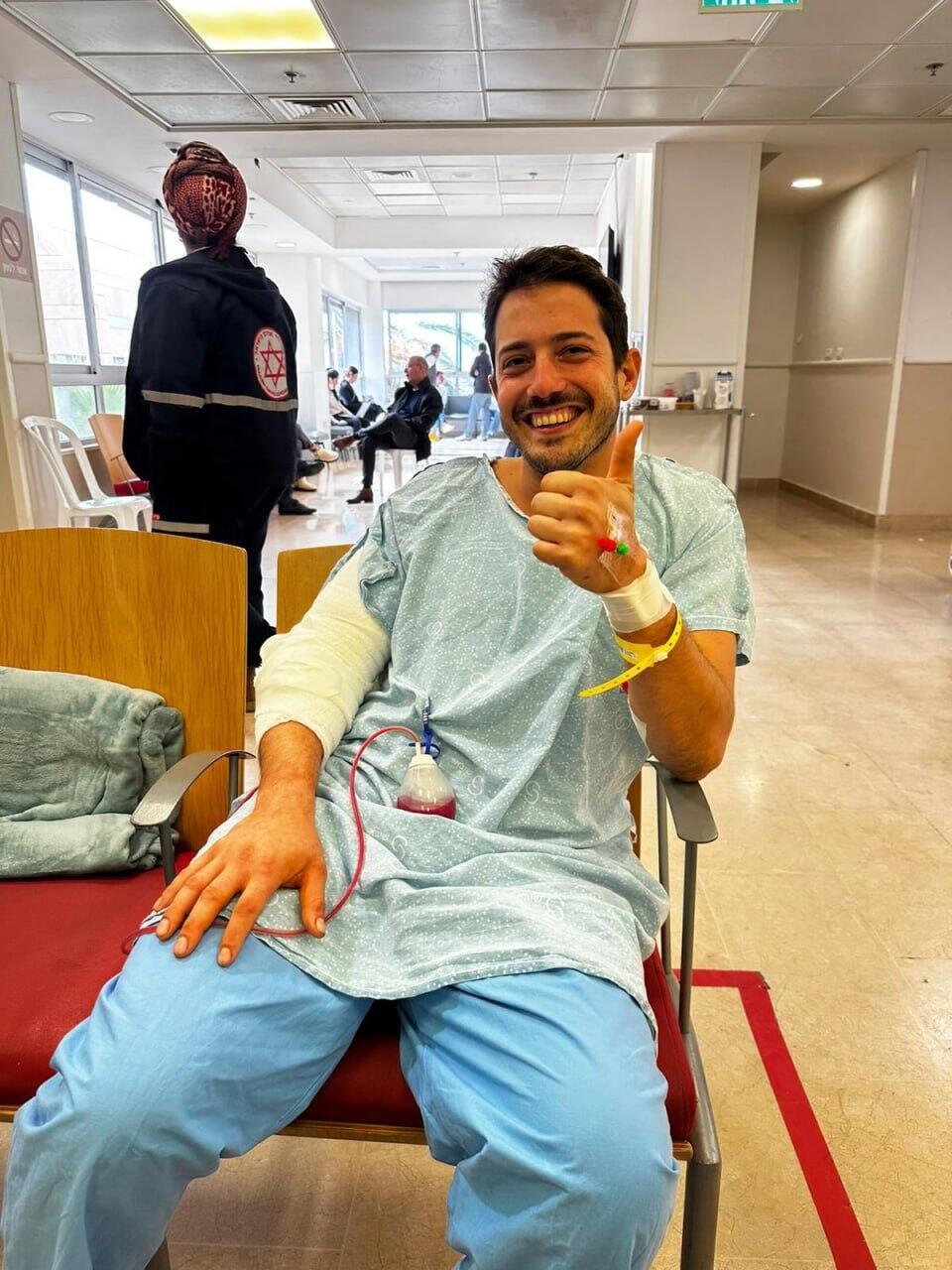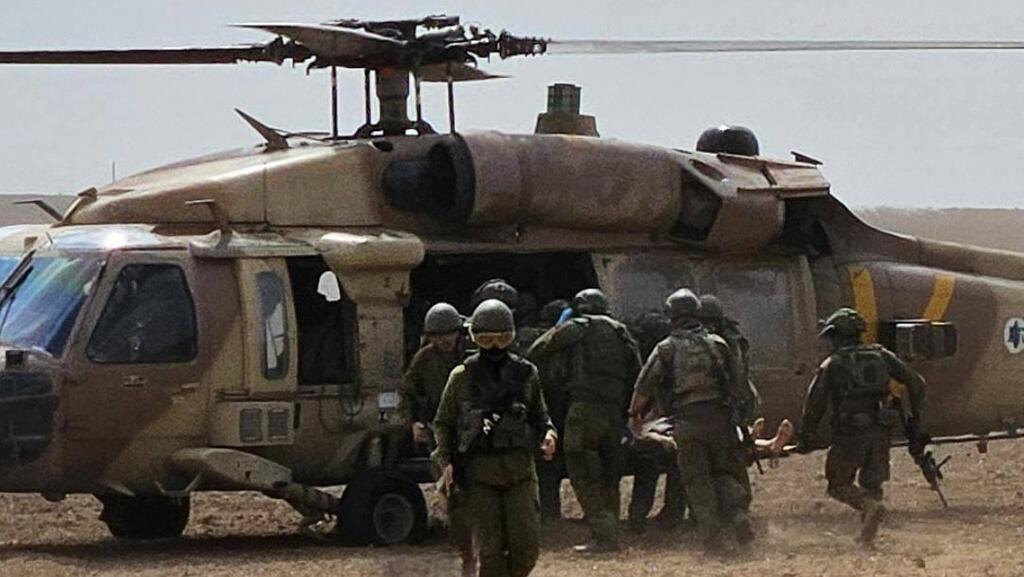Getting your Trinity Audio player ready...
Menachem Shlomo Stack, 22, made Aliyah from Canada on his own to join the IDF. “When I finished my service as a Givati combat operative, the war started, and they asked me to stay for reserve duty right away. I wasn’t even a citizen yet—just a tourist in Gaza,” he quipped. With no relatives in Israel, Stack is preparing to marry his Israeli fiancée next month, determined to build their future in the country.
“I wanted to feel part of the nation, to be one of those protecting it,” he said. “I don’t have any Israeli relatives, and I’m the first in my family to serve in the army.”
Last July, Stack was severely injured during an incident in Shijaiyah, where his close friend, Captain Roy Miller, was killed. “For a year, we were inseparable—always the first to go in, standing back-to-back during missions,” he recounted. “It creates a bond like no other because every time someone fires at one of you, they fire at both.”
Now, as Israel’s Committee for Immigration and Absorption deliberates over how to define and support lone reservists, Stack’s story highlights the challenges they face. “It was really hard,” he admitted. “My parents weren’t there; I didn’t have the support you need—someone to bring food or talk to the doctors. My fiancée came as much as she could, but I spent a lot of time alone in bed. It wasn’t easy. There was so much to deal with beyond the injury.”
Despite everything, Stack has no plans to return to Canada. “I think life in Israel has a purpose. This is my home. If my medical condition improves, I’ll go back to reserve duty. My parents understand I’m doing something meaningful and staying because my heart is here.”
Nathan Kilinski: A Brazilian Zionist’s journey
Nathan Kilinski, 23, arrived in Israel from Brazil in 2019 with his older brother, Ben, to enlist in the Nahal Brigade. “I knew Israel from my father’s stories—he’s originally Israeli and a proud Zionist,” Nathan said. “It was harder for my mom to accept our decision, but she knew my heart was here. After all I’ve done for this country, I’ll never leave.”
The war erupted just as Kilinski’s mandatory service was ending, and he chose to remain in the reserves. Two months later, he was gravely injured in Jabaliya by an anti-tank missile. The attack claimed the lives of his company commander, Major Shay Shamriz, and his communications officer, Capt. (res.) Shaul Greenglick. In a remarkable twist, the attacker was neutralized by Kilinski’s brother, Ben, who was unaware of Nathan’s injury at the time.
“He called another team member, and together they took out the terrorist with an RPG,” Nathan recounted. “Ben had no idea I’d been hurt.”
Nathan spent two months in the hospital recovering from his wounds. “It was very tough. I got a lot of help from others—not family. My dad came for a month, and my mom for two weeks, but the hardest part was the recovery. Living as a disabled IDF veteran without close family nearby is challenging. Handling bureaucracy, treatments, groceries, cleaning—it’s all on me.”
Get the Ynetnews app on your smartphone: Google Play: https://bit.ly/4eJ37pE | Apple App Store: https://bit.ly/3ZL7iNv
Still, Nathan remains optimistic. “I’m undergoing treatment now, and there’s a year of rehab ahead. We don’t know if I’ll fully recover, but I’m grateful—it could have been much worse. I lost two friends, and another friend lost a leg. I’m thankful to be here and hope my family will join me in Israel. There’s no place like it.”
Ezekiel Cina: Dedication from Argentina
Ezekiel Cina, 28, made Aliyah from Argentina four years ago to join the Paratroopers Brigade. “I studied Jewish history and realized we’re safe because we have our own country,” he said. “I didn’t want to take that for granted, and I thought military service was a meaningful way to show my appreciation.”
Cina served for two years due to his age and was seeking work when the October 7 terror attack changed everything. “As soon as I heard what was happening in the south, I reported for duty. I asked my friends still in service where they were, and I joined them as I was—dressed in civilian clothes.”
A month and a half into the fighting, Cina was injured by shrapnel in Gaza. “I’ve undergone several surgeries. Israelis I didn’t know came to visit and support me—they made sure I had everything I needed. My parents visited for ten days, and I have cousins here, so I wasn’t alone. There’s nothing like Israel. I met my girlfriend here, and the love I received from the Israeli people solidified that this is where I belong.” Cina eagerly awaits recovery, saying, “I can’t wait to feel better so I can return to reserve duty.”
The three are graduates of the “Wings” program, a joint initiative by the Jewish Agency, the Merage Foundation Israel, and the Aliyah and Integration Ministry. The program supports young immigrants from their arrival in Israel through military service and post-service life, including community engagement for alumni. During the ongoing war, the program has provided comprehensive assistance to wounded lone soldiers in both active service and the reserves, coordinating care in hospitals, supporting families, and aiding in rehabilitation efforts.
The Rehabilitation Division of the Defense Ministry reported a 20% increase in its caseload over the past year, from 62,000 to 75,000 individuals. Of the 13,500 injuries sustained during the current war, 66% are reservists. About 8,500 sustained physical injuries, including head trauma, spinal injuries, and limb amputations. Nearly 5,200 soldiers experienced psychological injuries, with half of these cases being classified as severe.
To address the growing need, over 900 therapists have been recruited, and innovative measures such as mobile therapy units and a PTSD app with over 20,000 downloads have been implemented.



